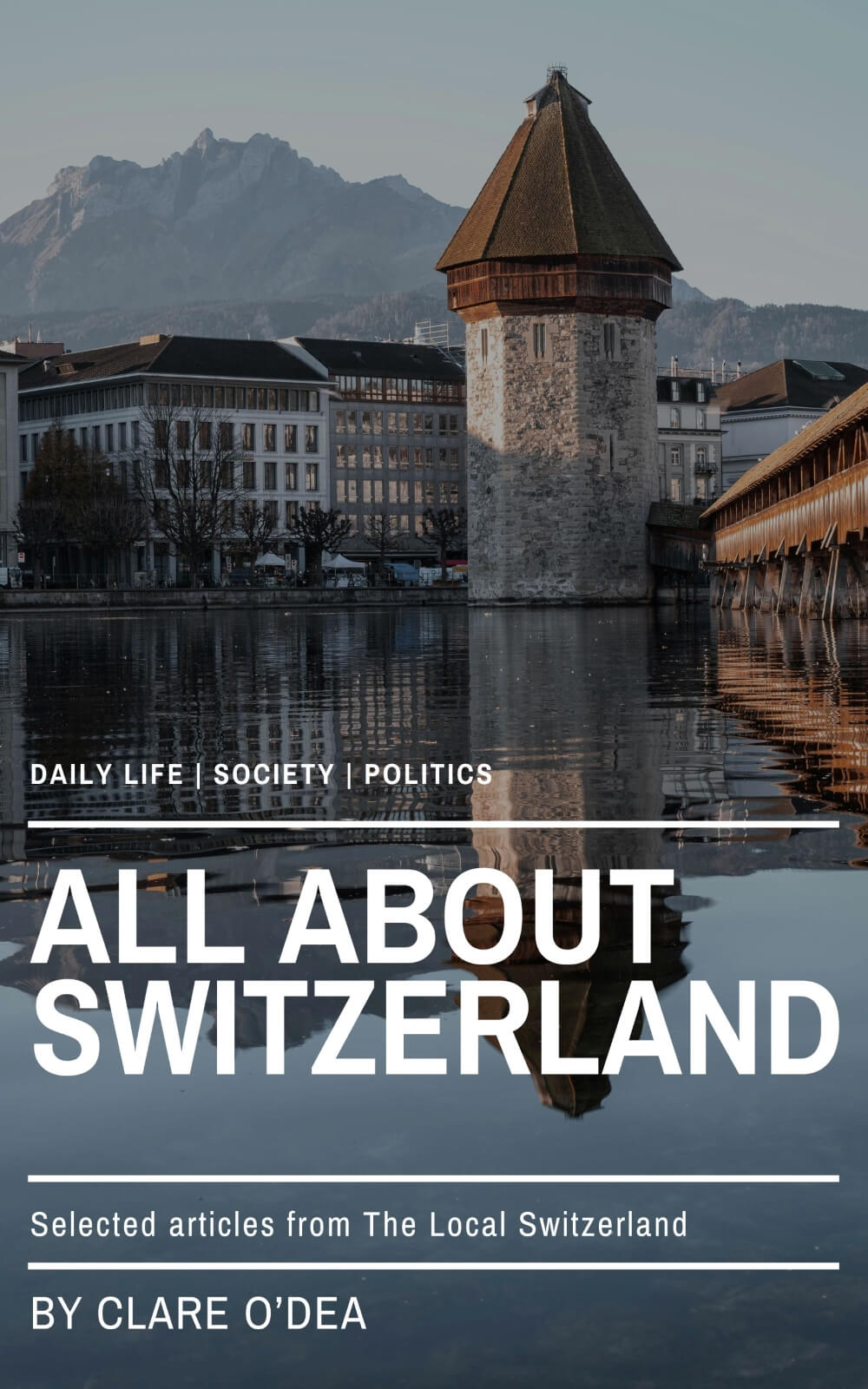Postal workers are distributing tonnes of political leaflets to Swiss households this election year, popping them through all letterboxes, even those with a Stopp-Werbung (no junk mail) sticker.
While Swiss Post puts its actions down to democracy, Switzerland’s TagesAnzeiger has discovered what may be the real reason: money.
The state-owned company earns almost three times as much if puts flyers in the letterboxes of all households, including those with stickers stating they don’t want to receive advertising material, the newspaper reported.
The paper cites the following examples:
Let’s say, for example, there’s a company that wants to send a flyer weighing between 1 and 25g to the whole of Switzerland and the firm decides to use Swiss Post to do this.
Postal workers observe any ‘no junk mail’ signs on letterboxes and don’t post any leaflets through those households’ letterboxes.
That company would then reach around 1.7 million households and the post office would charge them 250,000 Swiss francs.
Let’s now take a political party that wants to send a flyer that weighs the same as the example above. It wants to send it to as many households as possible in Switzerland.
The postal service offers the party the ‘official’ option, whereby ‘no junk mail’ stickers on letterboxes can be ignored.
Using this option, the number of households receiving the flyer jumps to 4.5 million and the post office earns a healthy 667,000 Swiss francs.
Consumer advocate Sarah Stalder told the paper that “the stickers are a nuisance for the post office”.
She explained that the service had already undertaken several campaigns to encourage people to remove the stickers.
“The postal service wants to increase its profits by distributing mailshots to a larger number of households,” she said, explaining that this was a step to save the postal business, although she believes it’s the wrong approach.
The Swiss postal service still relies on a contract that dates back over 20 years old to justify its authority to distribute election marketing mail to households who’ve said they don’t want to receive any promotional materials.
But Stalder is concerned about this.
“We are no longer completely satisfied that the wishes of many customers with respect to political advertising can simply be ignored,” she told the paper.





 Please whitelist us to continue reading.
Please whitelist us to continue reading.
Member comments